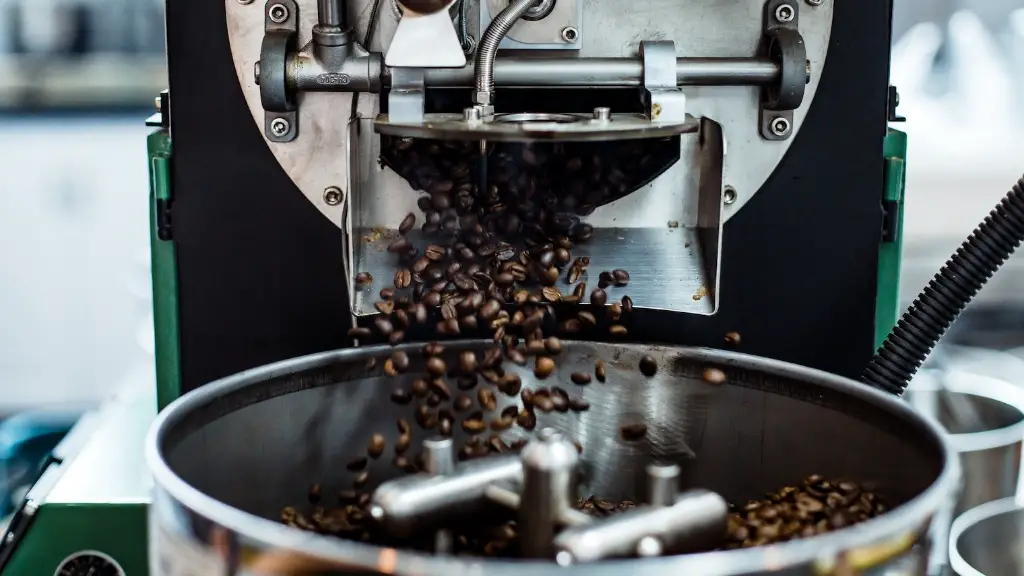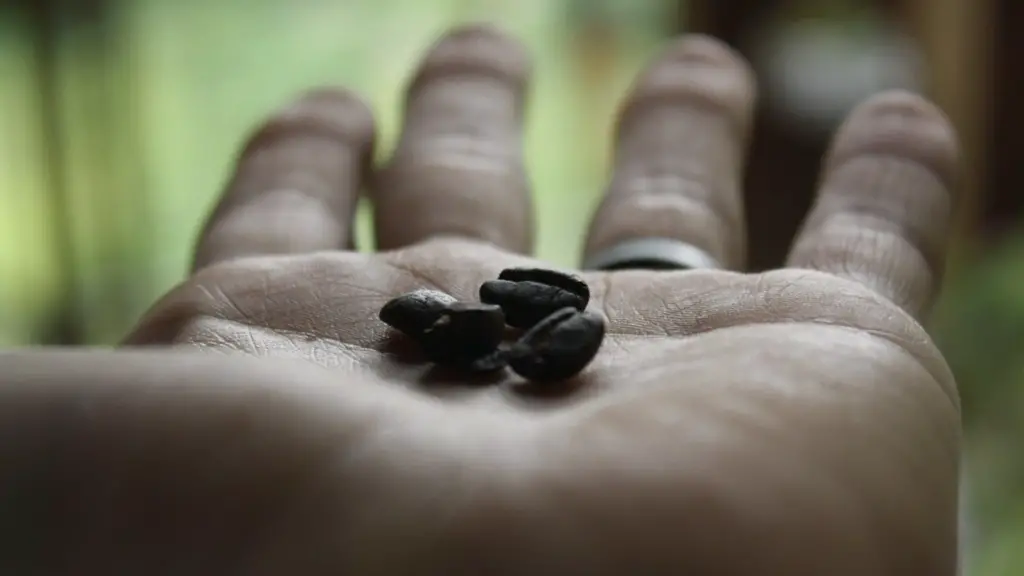Background
Coffee and coughs don’t exactly go hand in hand—in fact, most people think that coffee can actually make a cough worse. Even if you don’t have a full-blown cold, drinking coffee when you have a persistent, lingering cough can make it harder to recover. But why is this? And what are the risks if you decide to drink coffee while you have a cough?
Caffeine and Impact on the Body
Caffeine is a stimulant drug found in coffee, soda, energy drinks, and more. When consumed, it acts on the central nervous system and can increase alertness, energy, and concentration. It can also raise your heartrate and blood pressure. So while these effects can be beneficial in moderation, they can also be dangerous, especially if you have a cold or a cough.
Caffeine can act as a diuretic, meaning it can make you pee more, causing you to lose more fluid, electrolytes, and even vitamins and minerals. Dehydration can lead to fatigue and exacerbate the symptoms of a cough. Additionally, caffeine can make it harder for your body to fight infections because it can weaken the immune system.
Risks of Drinking Coffee While You Have a Cough
If you’re suffering from a cough, you may want to stay away from coffee. Caffeine can worsen your existing symptoms and make it harder for your body to recover. When you have a cough, your immune system is already working hard to fight the infection. Many herbal remedies and teas can help soothe a congestion-y cough or a sore throat, but coffee can make things worse.
Caffeine can also increase the production of histamine, which is a chemical that your body produces when it senses an infection. Increased histamine production can cause inflammation and can exacerbate the symptoms of a cold or a cough. Caffeine can also…
- Interfere with the absorption of vitamins and minerals, which can further weaken your immune system
- Cause dehydration, which leads to fatigue
- Disturb your sleep, as caffeine can stay in your system for up to 8 hours
- Cause anxiety and other mental health issues
Prevention is Better than Cure
It’s always better to take precautions and prevent a cold in the first place. The best way to do this is to get enough sleep, practice good hygiene, keep a balanced diet, and stay hydrated. It’s also important to maintain a healthy lifestyle and take steps to reduce stress.
Most importantly, if you’re feeling a bit under the weather, it’s better to stay away from coffee and other caffeinated drinks. Instead, focus on getting enough rest and letting your body do its job.
Nutrition Tips for Dealing With a Cough
Fueling your body with the right nutrient-dense foods is key for recovery from a cold or cough. Here are some nutrition tips to help you manage and even prevent colds:
- Eat a variety of fruits and vegetables to get a good balance of vitamins and minerals
- Load up on Vitamin C, which is known to help fight colds
- Include healthy carbs like oats, brown rice, and sweet potatoes to boost your energy levels
- Eat lean sources of protein like fish, tofu, and chicken to help your body repair and recover
- Limit sugar and processed foods, which can weaken the immune system
- Drink plenty of fluids to stay hydrated and help relieve congestion
What Experts Say
Experts from the American Lung Association say coffee can worsen the symptoms of a cold and make it more difficult for your body to recover. “Not only can coffee increase alertness and boost the metabolism, both of which can cause dehydration and make symptoms of the cold worse, but it’s also a stimulant, which can counteract the body’s natural healing processes,” said Dr. Carol Brooks, a lung health specialist.
Additionally, Dr. Pratishtha Chaudhary, an integrative medicine specialist at the Mayo Clinic, advises patients with a cold or cough to “avoid caffeine-containing foods and drinks,” as they can further deplete your electrolytes, weaken your immune system, and make it harder to get restful sleep.
My Own Insights & Analysis
When it comes to recovery from colds and coughs, the best thing you can do is give your body adequate rest and fuel it with nutrient-dense foods. Drinking coffee while you have a cough can actually do more harm than good, as caffeine can interfere with the body’s natural healing processes. Coffee can also lead to dehydration, making you lose essential vitamins, minerals, and fluids. This can further weaken your immune system and make recovery slower.
How to Safely Enjoy a Cup of Coffee
If you’re a coffee lover and find it hard to stay away from the drink, there are things you can do to minimize the potential risks. Drink your coffee in moderation—ideally one cup a day—and add natural sweeteners like maple syrup, honey, and coconut sugar to your cup. Additionally, opt for a low-caffeine variety of coffee beans such as decaffeinated or lightly roasted beans. This can help provide the taste of coffee without the effects of too much caffeine.
Alternatives To Coffee
If you’re looking for an alternative to coffee, there are plenty of herbal teas and tisanes that can provide the same pick-me-up without the negatives. Some of the best options are ginger tea, peppermint tea, chamomile tea, and green tea. All of these herbal drinks can help soothe a sore throat, reduce inflammation, and provide a boost of energy. They’re also a great option if you’re looking to kick your coffee habit.
Supplemental Beverages
In addition to herbal drinks, there are many other beverages that you can enjoy while recovering from a cold or cough. Hot water with lemon and honey is a classic remedy for sore throats and can do wonders for a cough. Additionally, bone broth is great for restoring vital fluids and adding essential vitamins and minerals to your system. And if you want something cold, liquids like herbal tonics and smoothies can be great for boosting your energy levels and helping you get better quickly.
Natural Remedies for Coughs
Although drinking coffee with a cough isn’t the best idea, there are plenty of natural remedies that can help you get over a cold or cough in no time. Some of the best remedies include eucalyptus oil, turmeric, garlic, sauerkraut, probiotics, and nettle tea. Additionally, many supplements like vitamin D, elderberry, and zinc can help boost your immune system and aid in recovery.
Changing Lifestyle Habits
If you’re looking for the fastest way to get rid of a cold or cough, then one of the best things you can do is change your lifestyle habits. Start with getting enough rest—7-9 hours of sleep per night is ideal. Additionally, make sure you’re eating a balanced diet, exercising regularly, and managing your stress levels. All of these things can help you get over a cold or cough faster and can even help prevent them in the future.



